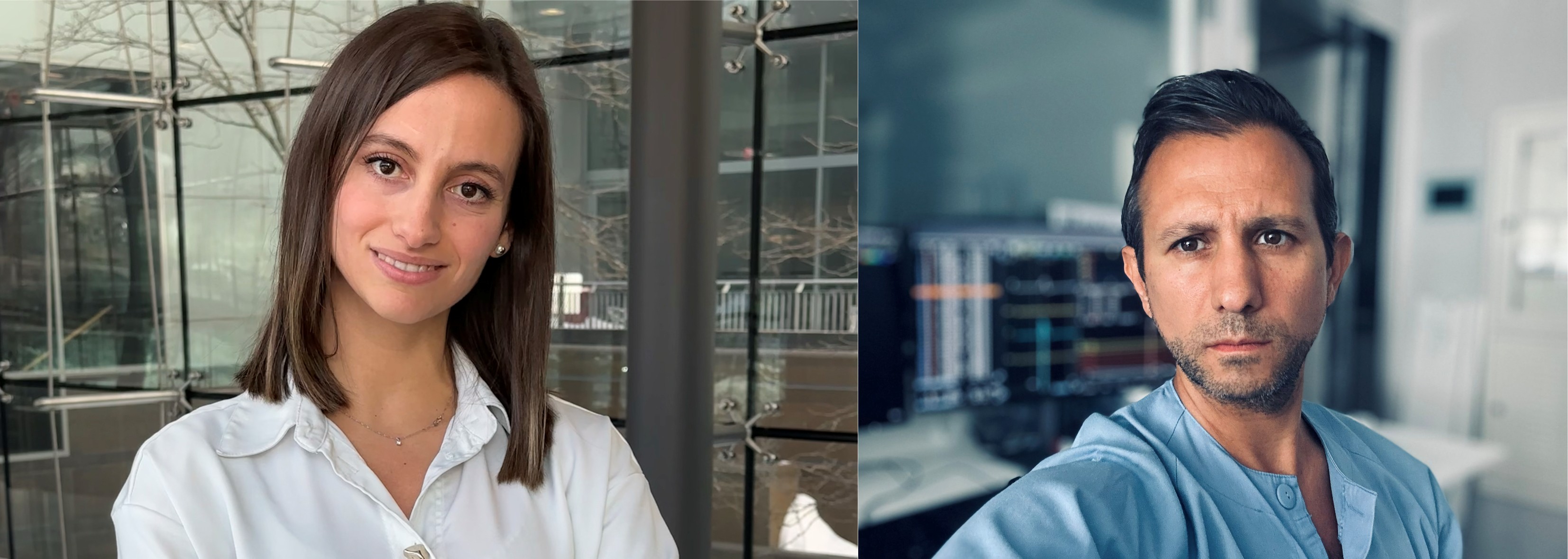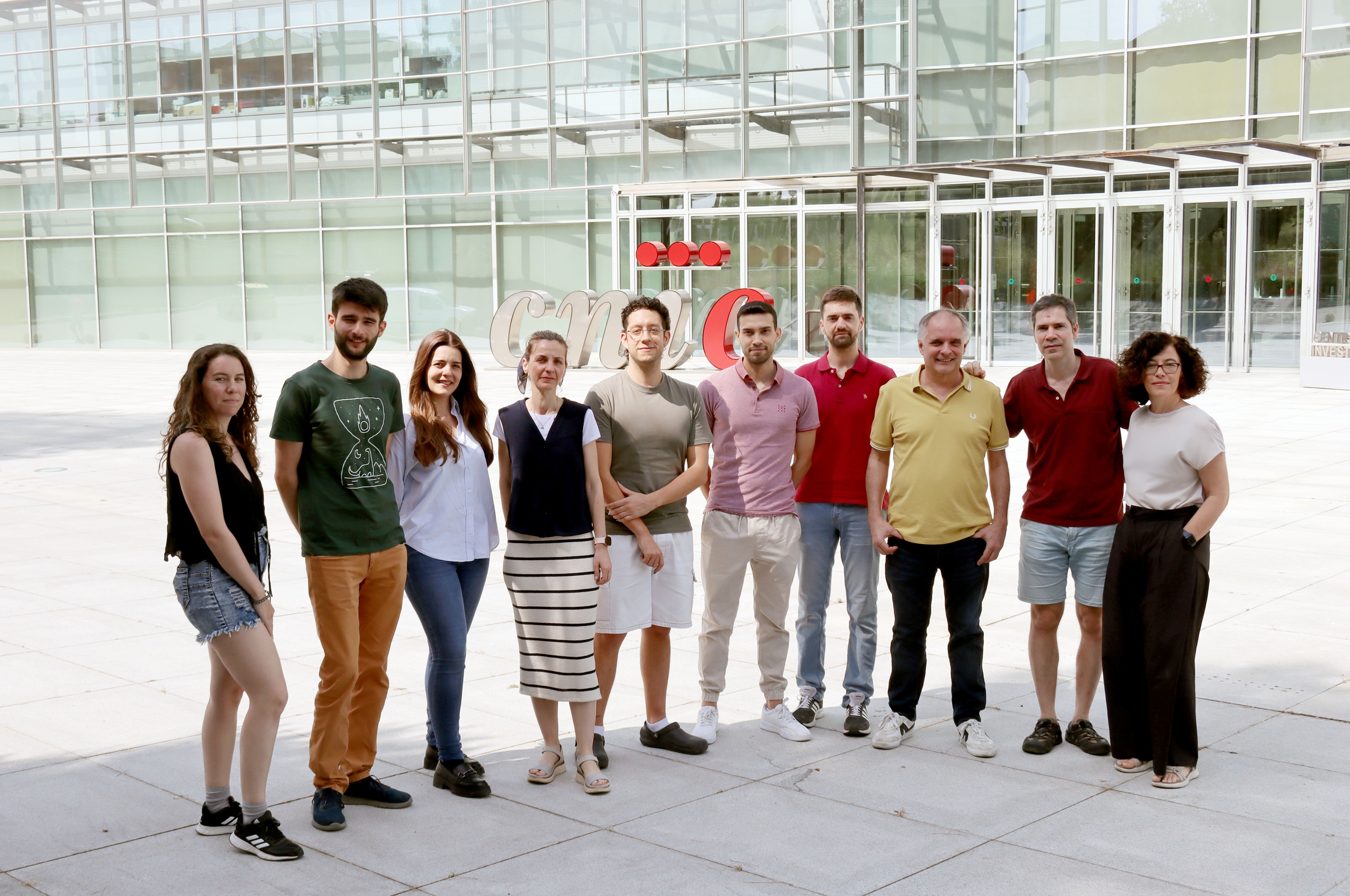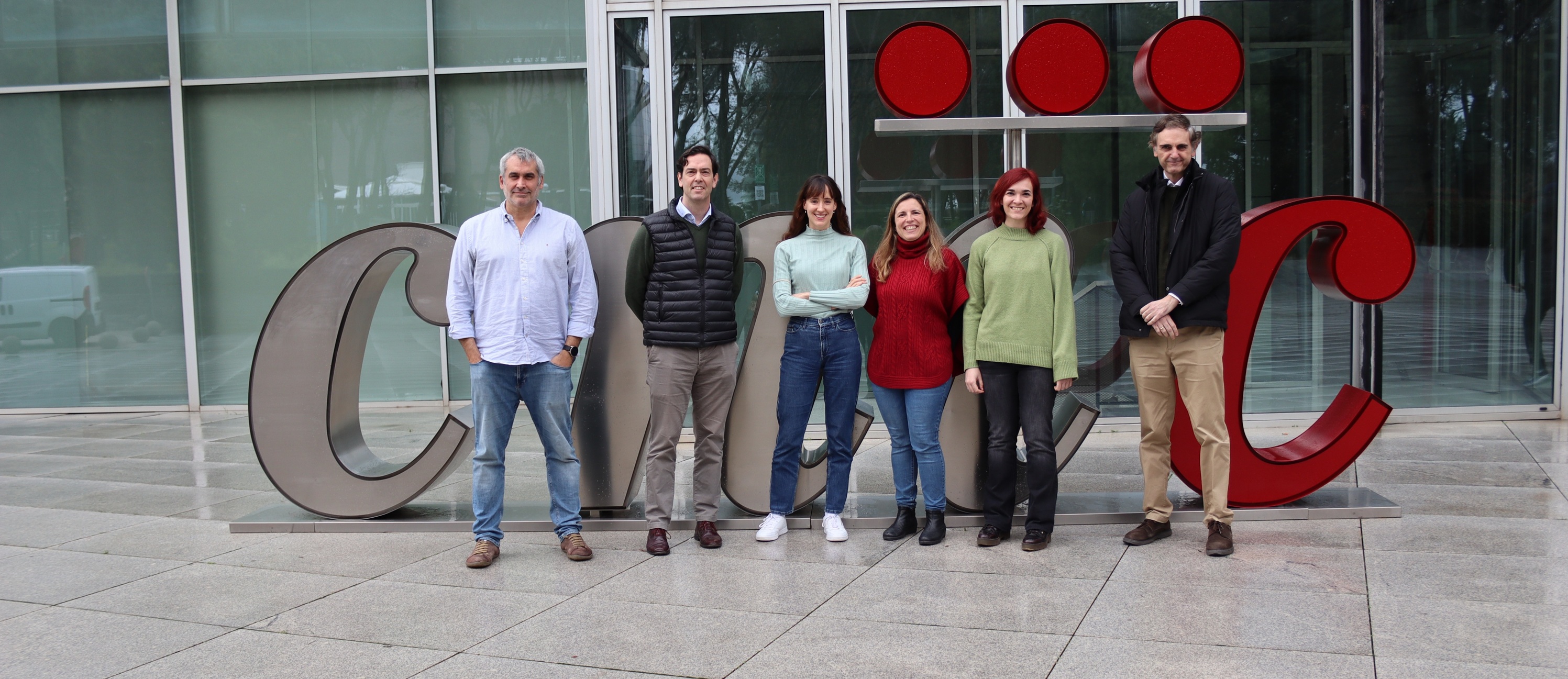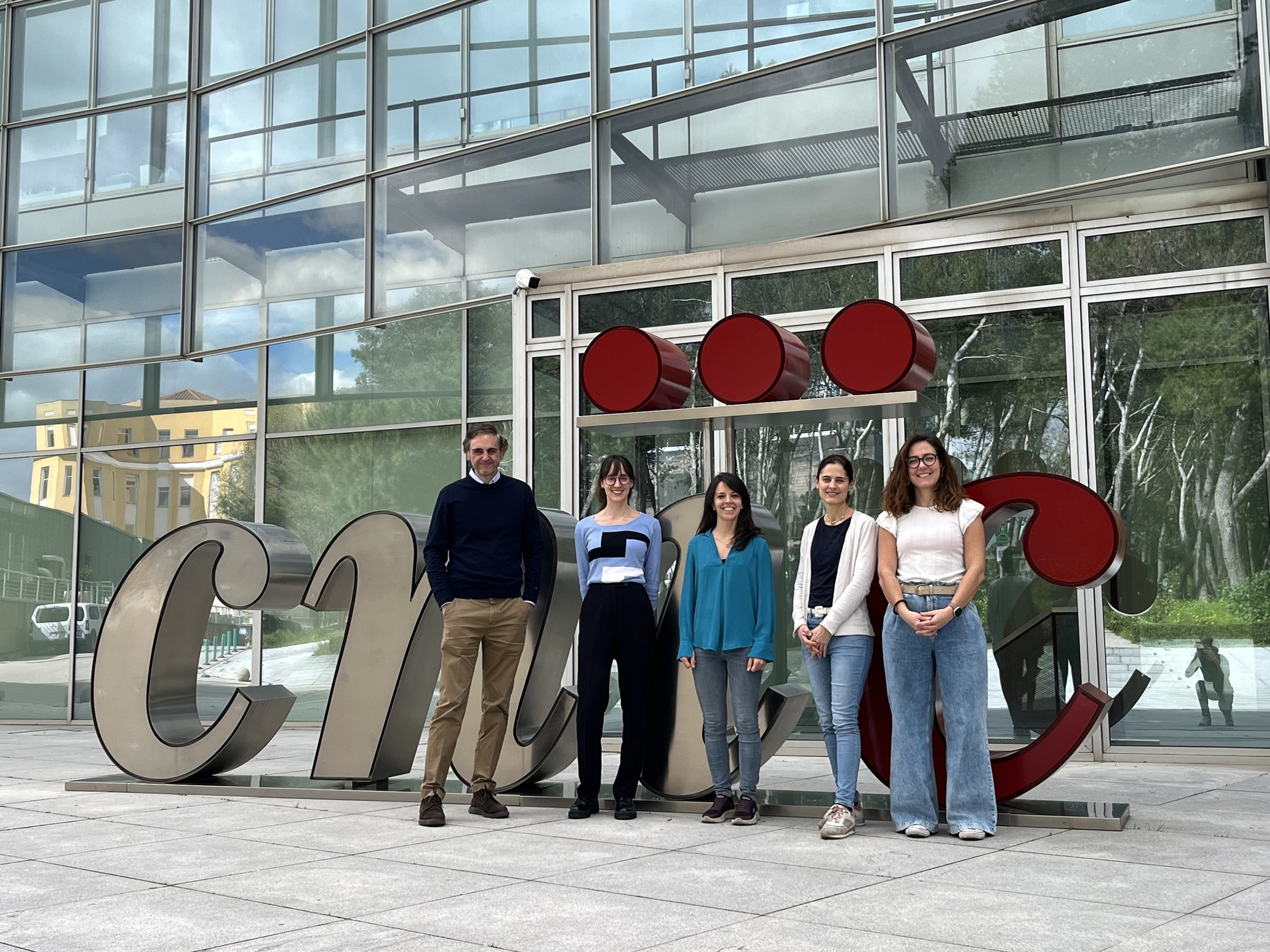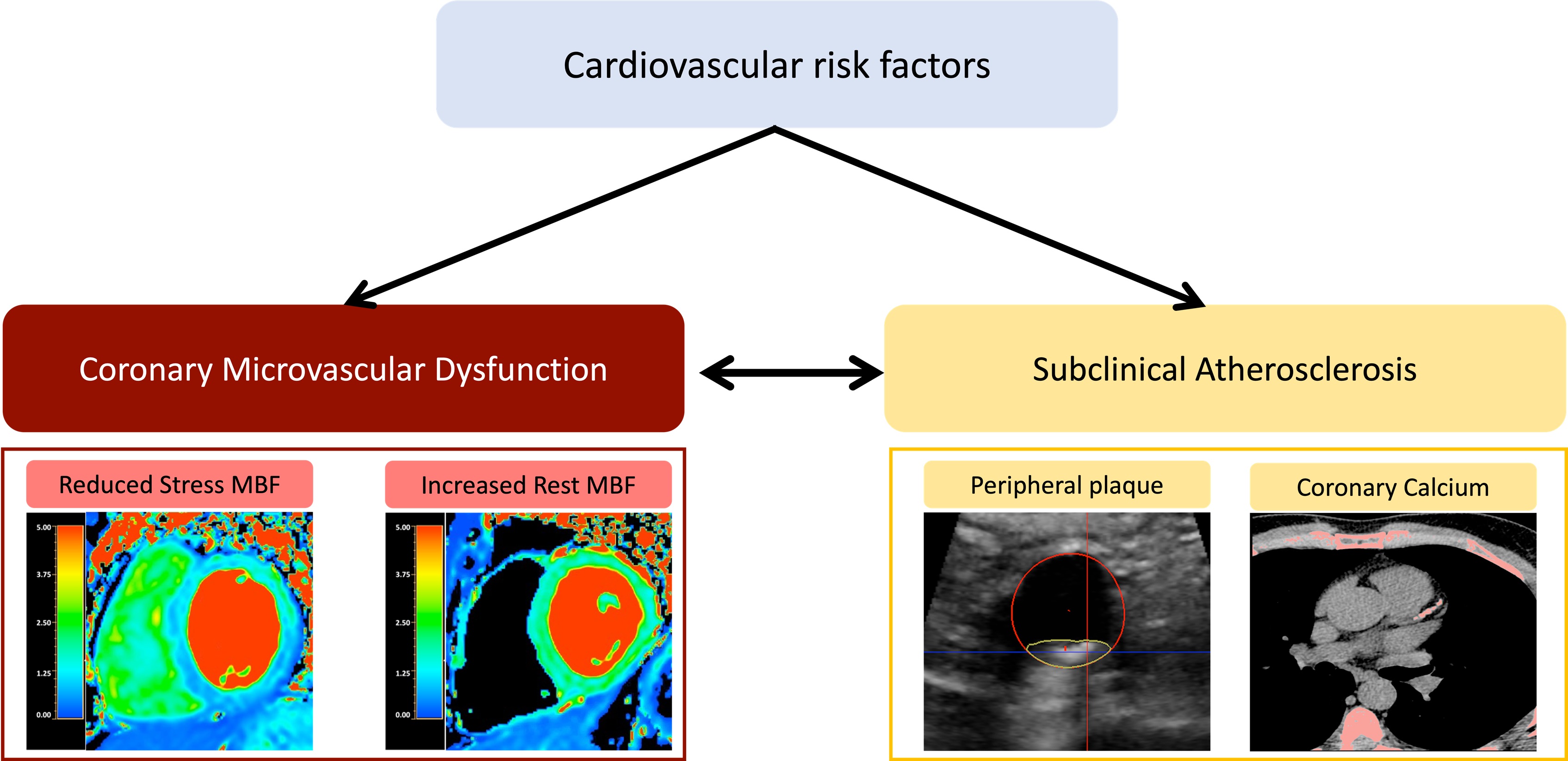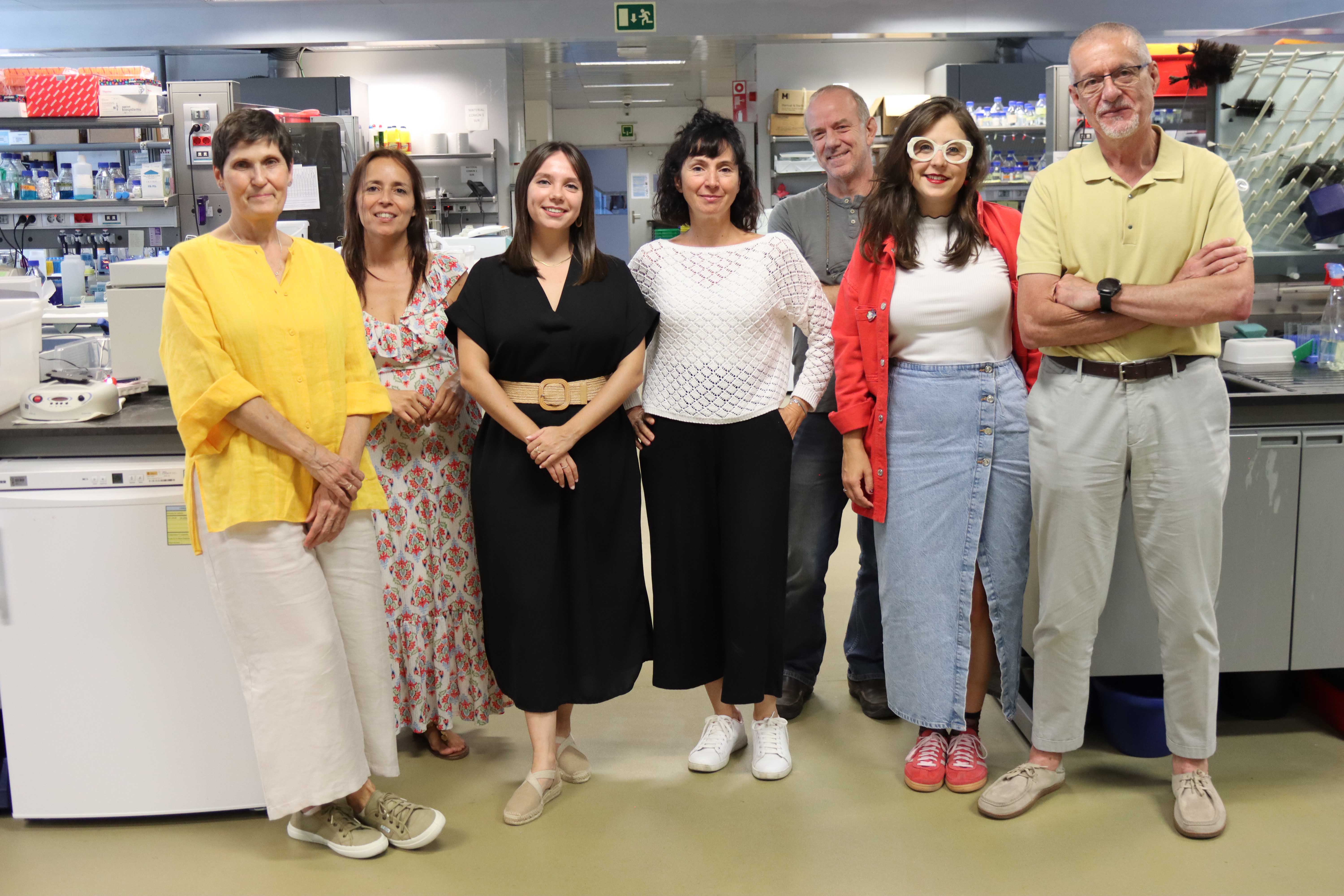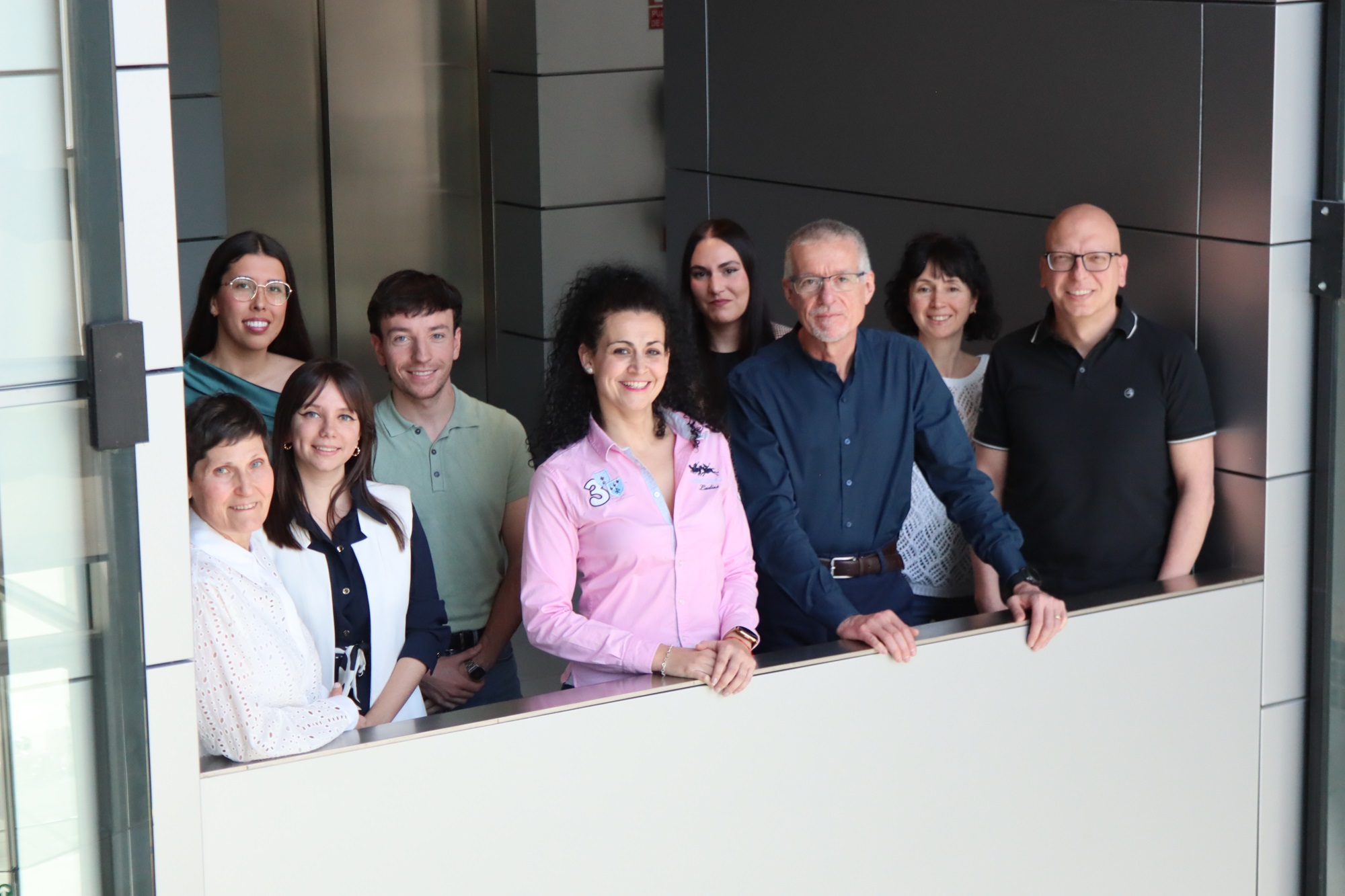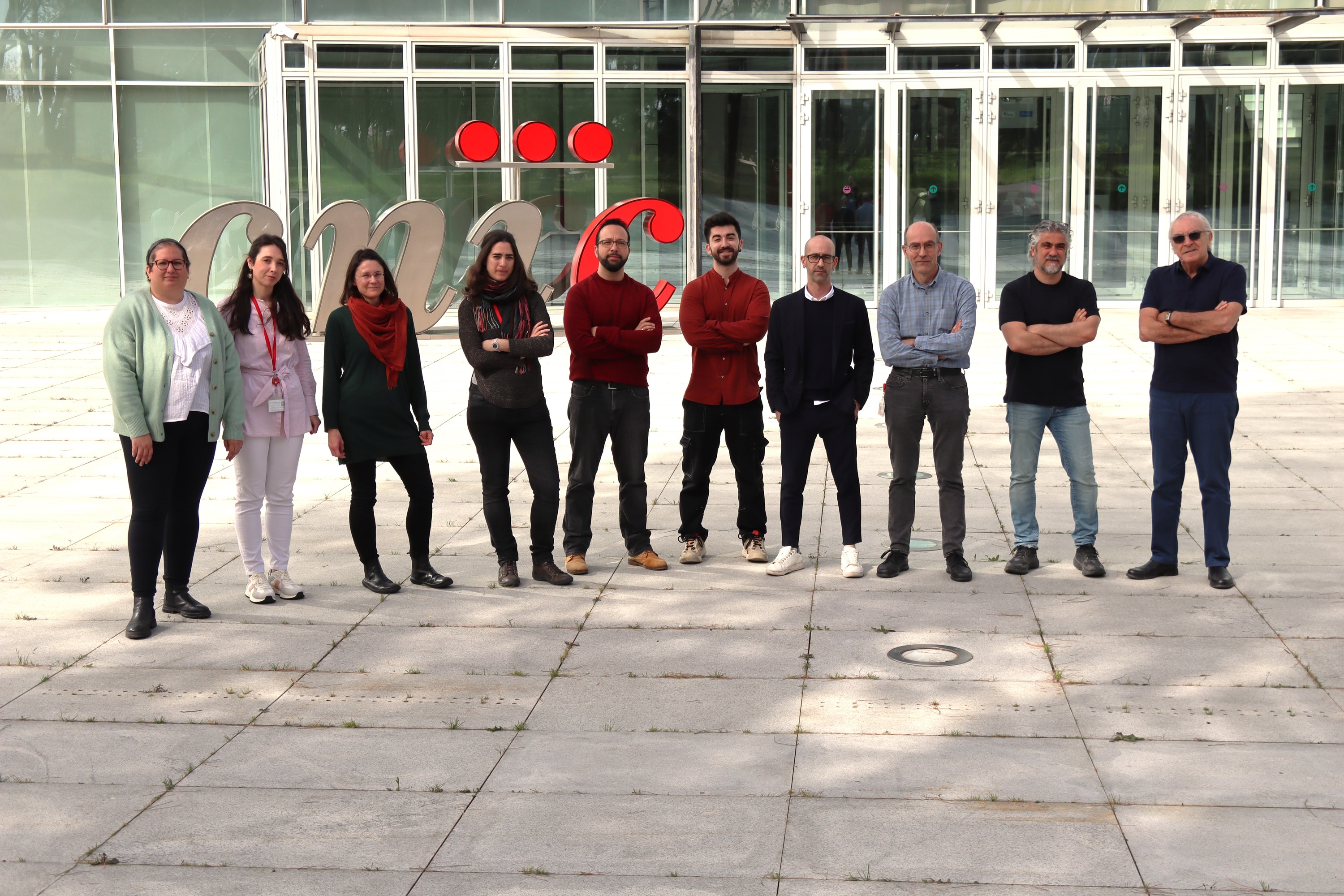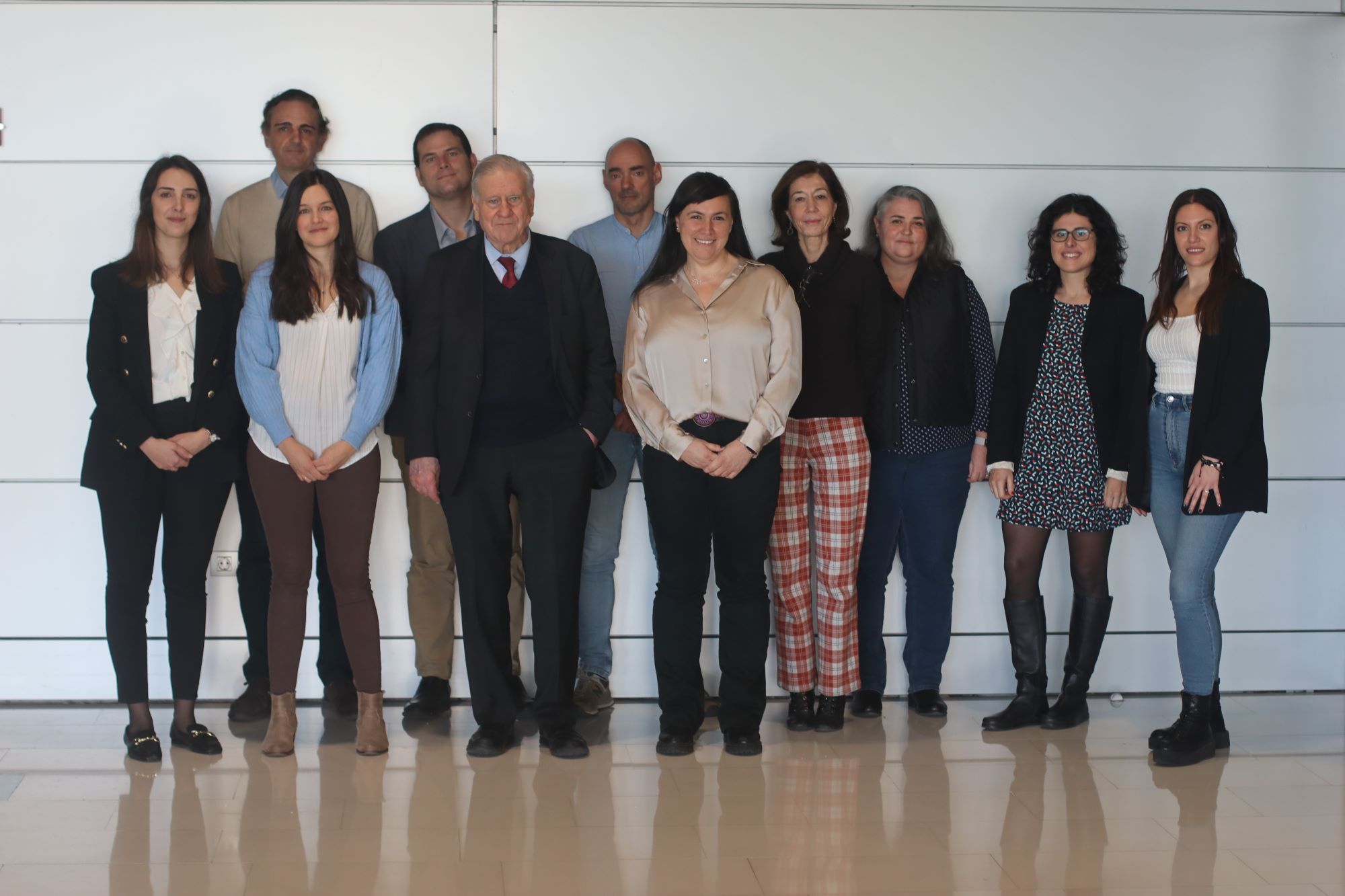News search
|
Research 10 Feb 2026 The study, published in Circulation Research, identifies cardiac fibroblasts and resident macrophages as essential contributors to the characteristic electrical activity that maintains this arrhythmia |
|
Research 20 Jan 2026 Circulation Research: The body’s internal clock influences stroke severity and response to treatment The study, published in Circulation Research, reveals that neutrophils—key immune cells—change their behavior in line with circadian rhythms, affecting cerebral perfusion and collateral circulation |
|
Research 2 Jun 2025 A team from the CNIC has discovered the key role of conventional type 1 dendritic cells (cDC1) in atherosclerosis and has developed an experimental therapy with immunosuppressive nanoparticles that slows the progression of the disease in animal models. |
|
Research 9 Apr 2025 A CNIC team has developed an innovative gene therapy strategy for arrhythmogenic right ventricular cardiomyopathy type 5 (ARVC5), a rare and deadly inherited condition that particularly affects young men |
|
Research 2 Apr 2025 Scientists at the CNIC and the University of Bern have found that heart surgery in male mice early in life creates a "memory" passed down to the next generation. Published in Circulation, the study suggests that a parental history of heart surgery should be considered when evaluating cardiovascular health in descendants. |
|
Research 19 Sep 2024 A study from CNIC reveals how risk factors and subclinical atherosclerosis affect heart microcirculation in asymptomatic middle-aged individuals. The research, published in JACC: Cardiovascular Imaging, highlights the importance of assessing the heart vessels' ability to regulate blood flow and predict future cardiovascular risk |
|
Research 9 Sep 2024 The new study, published in the journal Circulation, opens a new avenue of research into treatments for the atherosclerosis associated with progeria |
|
Research 19 Apr 2024 The elimination of progerin from vascular smooth muscle cells, but not from endothelial cells, prevents the atherosclerosis associated with Hutchinson-Gilford progeria syndrome (HGPS) |
|
Research 11 Apr 2024 CNIC researchers, led by Dr. José Jalife, have made a key discovery about cardiac arrhythmias in Andersen-Tawil syndrome (ATS) |
|
Research 23 Jan 2024 The most potent genetic risk factor for Alzheimer disease, APOE4, is associated with an elevated risk of developing subclinical atherosclerosis in middle age, whereas the Alzheimer-protective variant of the same gene, APOE2, protects against subclinical atherosclerosis |
- 1 of 3
- next ›
